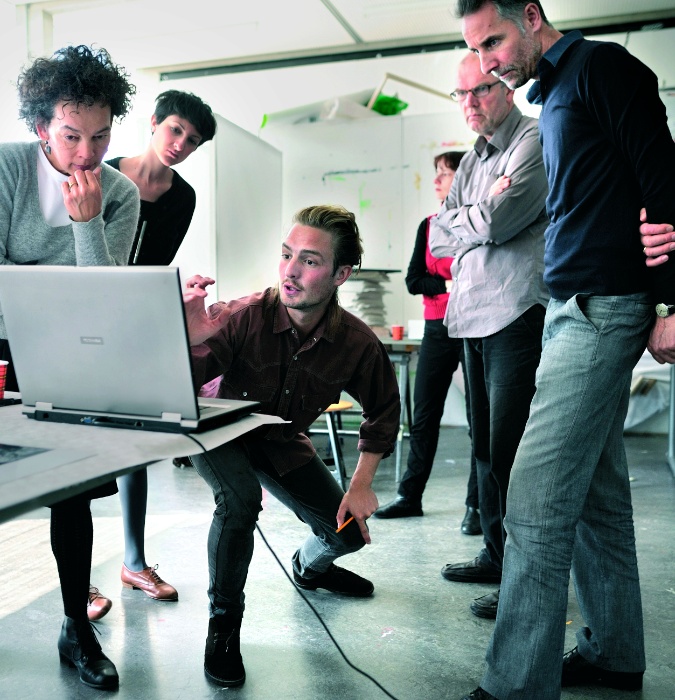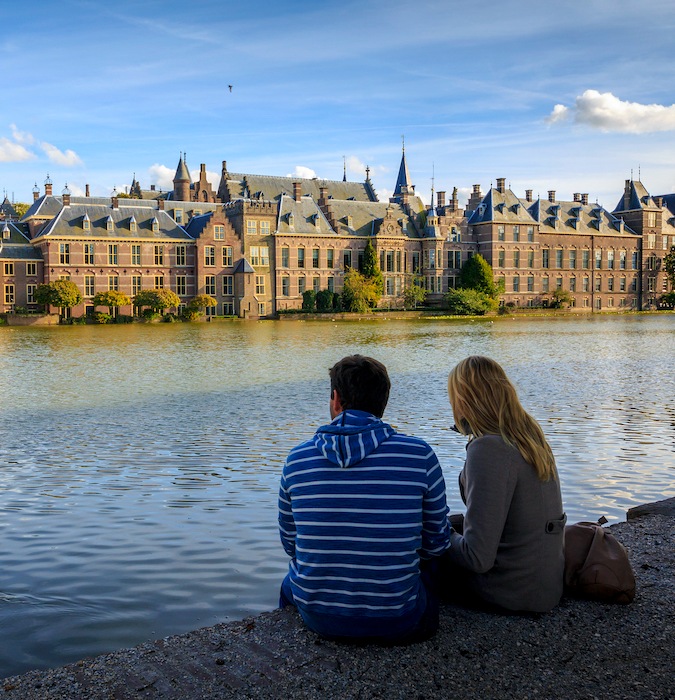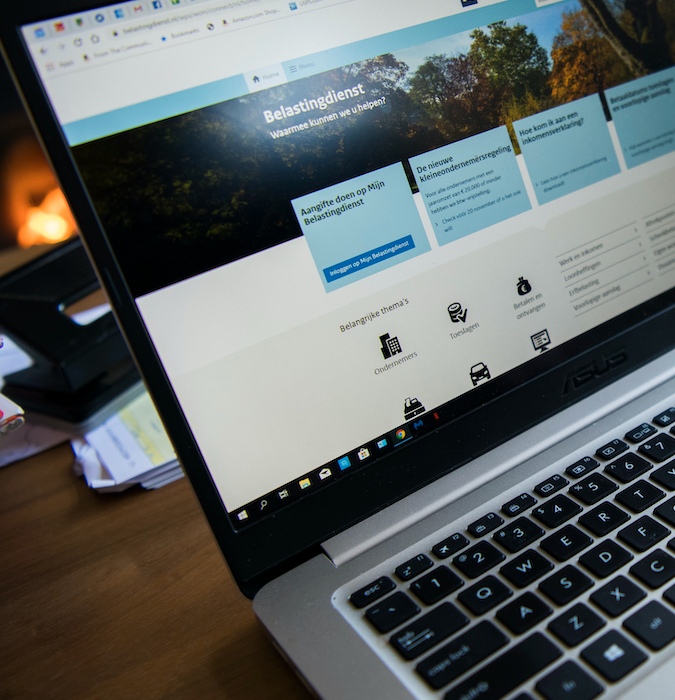Cinzia story of founding her biotech company Bi/ond
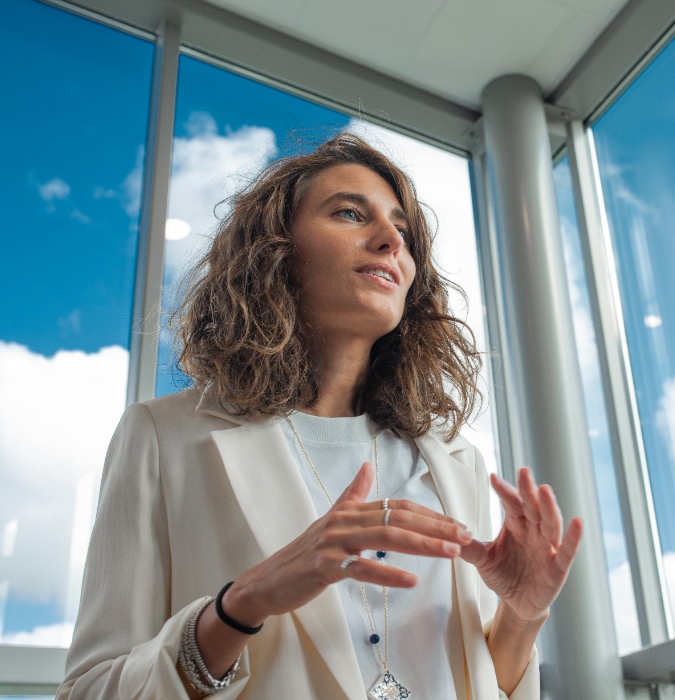
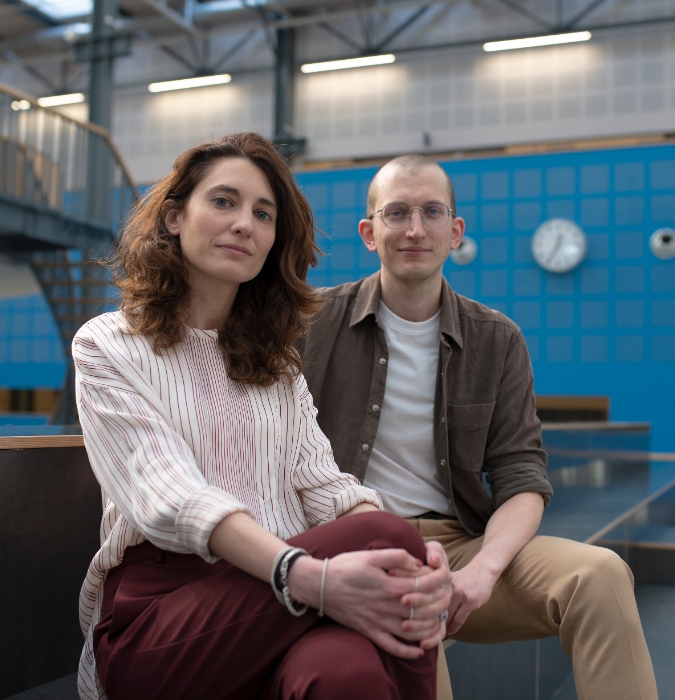
Why did you choose to set up your business in the Netherlands?
Bi/ond was conceived during our time at the Delft University of Technology where I and the other two co-founders, Nikolas Gaio and William F.Q. Solano, did our PhD. We moved to the Netherlands, attracted by the remarkable academic environment, but then we discovered that this was also a country where innovation is strongly incentivized.
The geographical location, access to early government grants, and the vibrant startup ecosystem pushed us to stay in the country and start our entrepreneurial journey here. Then, of course, there is much access to talent thanks to the technical university and the 30% ruling, which makes inviting people into the country an attractive option for them. We are currently twelve people who come from six different countries; this is possible because the Dutch ecosystem has all these other benefits I’ve mentioned.
“The geographical location, access to early government grants as well as the vibrant startup ecosystem pushed us to stay in the country”
The bureaucracy in the Netherlands is relatively straightforward. Moreover, even if you come from abroad, everything is done bilingually in English and Dutch. This means there’s one less barrier to attracting talent from outside the EU. Government agencies like RVO. ensure you already have someone to rely on when you are taking your first steps. The Netherlands also provides grants to small startups as an initial stepping stone.
Why did you headquarter your business in Delft?
We set up our business in Delft because the city is quite well known for deep tech startups and we are a hardware company, so then we still have access to laboratories that are at the university. This has many benefits, like eliminating the need for a significant investment in equipment since we can use facilities that are already available at the university. Moreover, since we worked at the university, we already had a local network and we could attract more engineering talent through the university, which makes Delft a great place to start. We are also close to Rotterdam, Leiden, and Amsterdam, so we can reach our customers in these cities effortlessly from Delft.
How would you describe the work sector ecosystem in the Netherlands?
The ecosystem in the biotech sector is quite remarkable. Leiden has many Biotech companies, and there are plenty of academic hospitals around the country that are open to adopting new tools like the one that we provide. In general, it is quite an open ecosystem. It would be nice to have more connections with other countries. However, in general, the Netherlands is a great place to start your growth until you need to expand outside the country, which makes sense in any situation, and with any company.
“The websites are in English, and the rules are quite clear [which] makes it possible even for less knowledgeable people to deal with the more bureaucratic side of the [visa] process.”
What has been your experience with the highly skilled migrant and startup visa schemes?
So two of the cofounders, including me, come from the European Union, which means we did not need the ENT or the visa scheme. However, our third co-founder comes from Costa Rica, so he used the entrepreneurial scheme. We are also using the highly skilled migrant scheme for all our other employees and our experience has been great. We are the ones applying for it, and even though we come from abroad and our Dutch is not great, the fact that all of the websites are in English and the rules are pretty clear makes it possible even for less knowledgeable people to deal with the more bureaucratic side of the process.
Cinzia’s startup was able to thrive in the Netherlands because of a robust biotech research system, as well as governmental initiatives that help new businesses make their first step. The country has been trying to upgrade its healthcare system with new technologies to avoid future issues, which means initiatives in the biomedical and healthcare sectors are very much needed. With all information about visa schemes provided in English, understanding & applying for them was straightforward.
Interested to know more?
- Welcome to NL Job portal
- Dutch Startup
Explore your options in the Netherlands
Learn more about living in Delft region and what the Dutch startup ecosystem is like.
